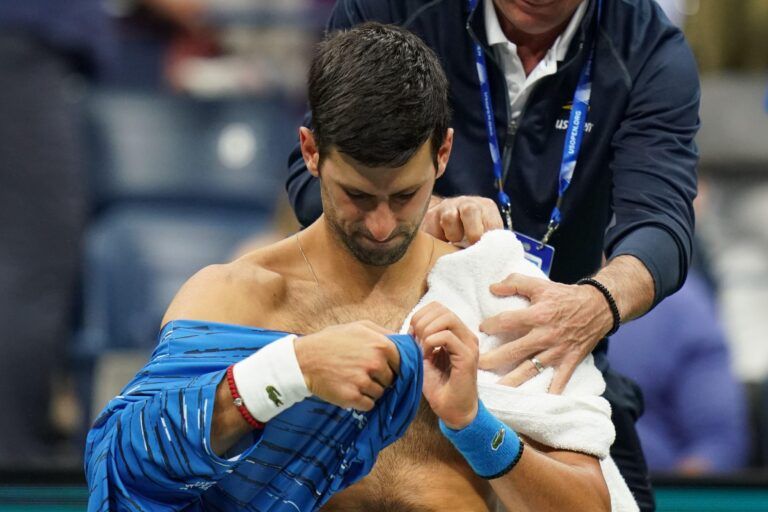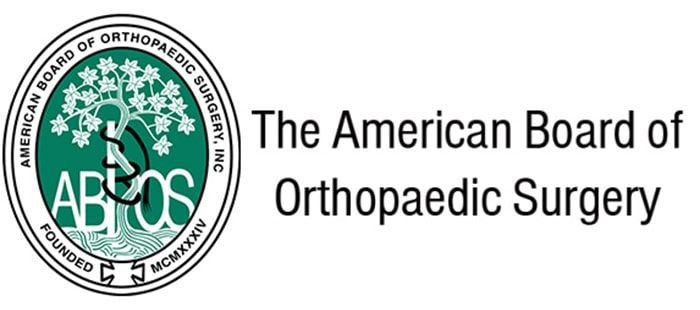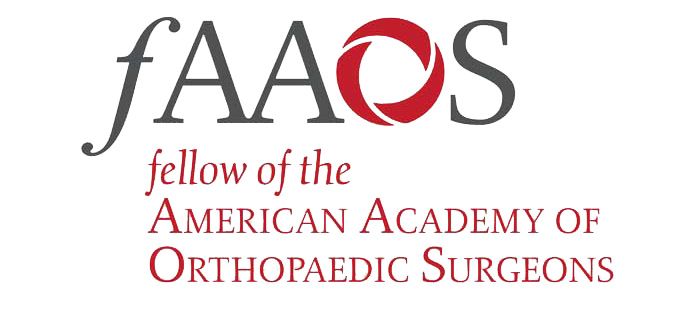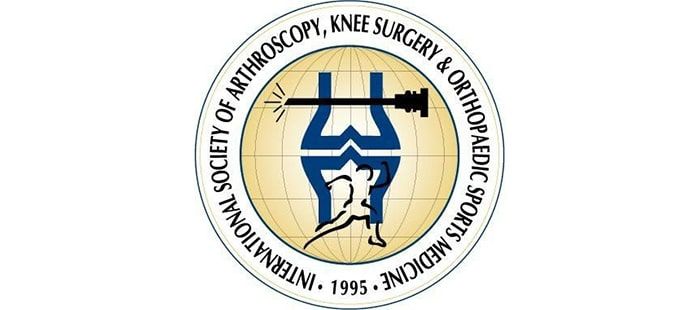
US Open: Novak Djokovic shoulder injury during 2019 - Image Courtesy: The Times UK
Sports-related shoulder injuries are a lesser-known risk of sports which can sideline a player for an extended period of time. These types of injuries are very common in sports that apply stress to the shoulder. This is because there are several sports that require strength, speed, and endurance from the shoulder. Unfortunately, the shoulder joint is unstable due to its structure, which makes it more susceptible to injury in cases where repeated physical demand is placed on the joint. There are a variety of sports-related shoulder injuries that can occur, some of which are minor and others that are major. Minor shoulder injuries can include sprains, strains, bruising, bursitis, bone spurs, and muscular imbalances. Major shoulder injuries can include:
Dislocation
A shoulder dislocation occurs when the humerus “pops” out of the shoulder socket (scapula). The acromioclavicular joint (ACJ) composed of the clavicle and scapula can also be dislocated if the clavicle is separated. These injuries are commonly seen in football, or other sports that involve repetitive falls onto the shoulder.
Rotator Cuff Tears and Impingement
The rotator cuff is composed of several tendons that are responsible for the shoulder’s movement. Sports such as baseball, swimming, or tennis that require repetitive arms swings, especially those that are overhand, can eventually cause a rotator cuff to tear. Other sports such as volleyball, weightlifting, and rock climbing that cause stress to the rotator cuff can also cause tears.
In addition to tearing, the rotator cuff can also become impinged. This occurs when one or more of the tendons becomes injured and swells, which then causes the tendon to get pinched by the shoulder joint. Rotator cuff impingement reduces blood flow to the tendons and can result in more tendon damage that can eventually lead to tearing.
SLAP Tears
Superior Labral Antero-Posterior (SLAP) tears affect the labrum, which is the cartilage that lines the socket portion of the shoulder joint. SLAP tears are commonly associated with sports that involve throwing, heavy lifting, or tackling. Most SLAP tears develop slowly over time, however they can also be caused by a single, powerful impact. One key indicator of a SLAP tear is weakness and/or looseness felt in the shoulder joint.
Did You Know?
The shoulder joint is composed of various soft tissue structures such as ligaments, tendons, and muscles, all of which are responsible for movement. However, this construction limits joint stability, which is why shoulder injuries are common.
Frequently Asked Questions:
Do I have a sports-related shoulder injury?
You may have a sports-related shoulder injury if you experience one or more of the following symptoms:
- pain
- swelling
- bruising
- decreased range of motion
- weakness
- popping or clicking.
However, it is important to consult with your doctor to obtain an official diagnosis. To determine if you have a shoulder injury, schedule a consultation with Dearborn & Associates today.
How are shoulder injuries diagnosed at Dearborn & Associates?
At Dearborn & Associates, we begin the diagnosis process by first obtaining a history of your symptoms and health over the past several years. We will ask you about your symptoms, as well as what activities have been affected by the pain.
Your doctor will then perform a physical exam of your shoulder and take x-rays and additional imaging such as a CT and/or MRI of the joint. X-rays can evaluate the bone structure, while a CT or an MRI may be performed to evaluate the soft tissues around the joint.
How are shoulder injuries treated at Dearborn & Associates?
At Dearborn & Associates, your individual treatment plan will depend on a number of factors, including the type and severity of your injury. Shoulder injuries may be treated using one or more of the following:
- rest
- strengthening exercises/physical therapy
- non-steroidal anti-inflammatory medications
- corticosteroid injections
- glucosamine and chondroitin supplements
- viscosupplementation therapy
- platelet-rich plasma (PRP)
Severe shoulder injuries, as well as those that do not respond well to non-surgical treatments, may require shoulder surgery.
Schedule a consultation with Dearborn & Associates in Menlo Park today to see how we can help you with sports-related shoulder injuries!




